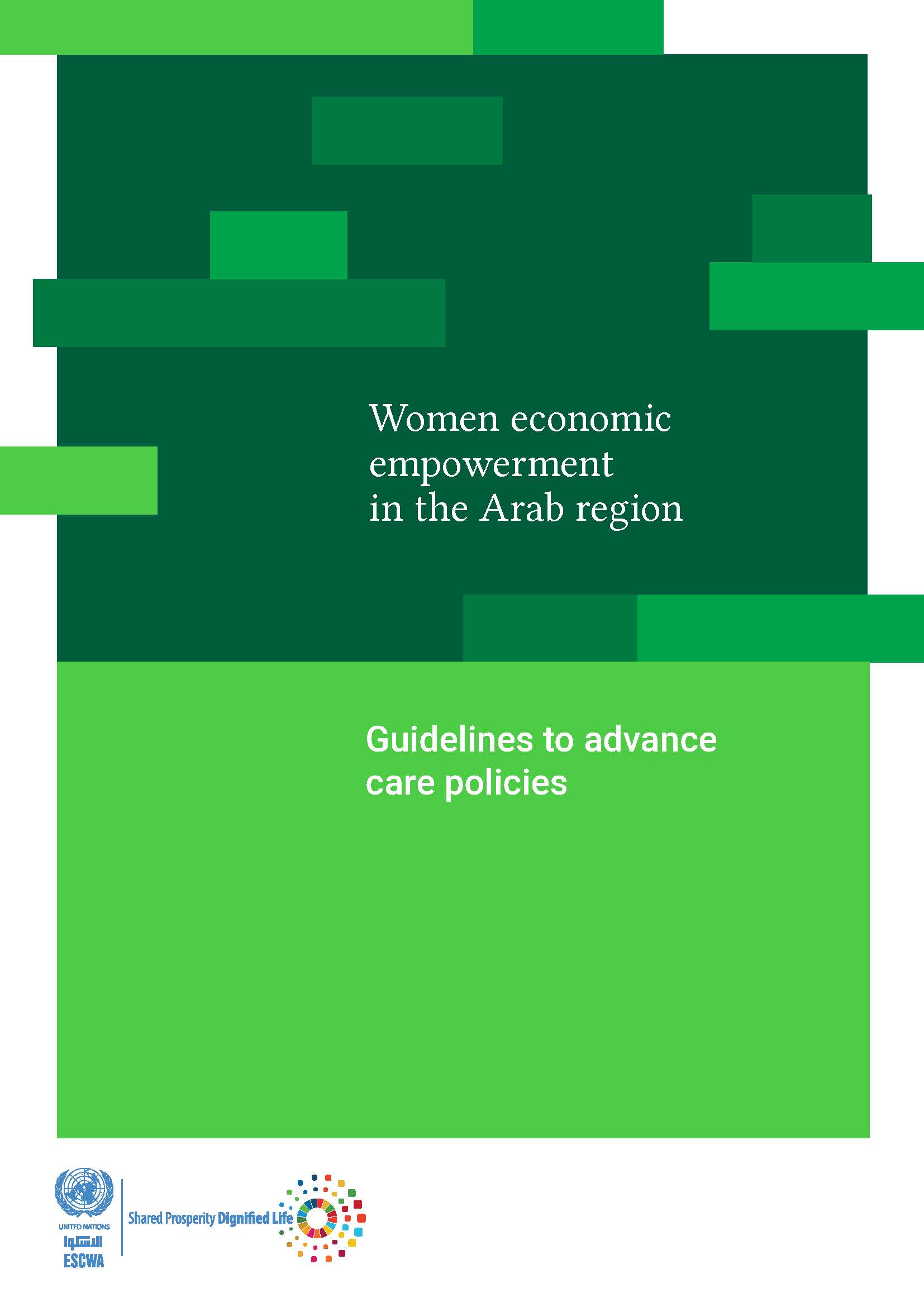The regional meeting, convened by ESCWA, IPU, UN Women, and ILO, served as a platform to address the critical role of parliamentarians in advancing Sustainable Development Goal 5 (gender equality) in the Arab region. Over two days of intensive discussions, participants highlighted the interconnectedness between gender equality and various facets of development, including women's economic empowerment, care policies, and human capital development. Key themes emerged, including the urgent need to address the humanitarian crisis in Gaza, the importance of legislative reforms to promote gender equality, and the significance of engaging men in caregiving responsibilities to enhance women's economic empowerment. Participants showcased progress made in several Arab countries, such as Morocco's legislative reforms to protect women's rights and promote gender equality in the workplace, and Egypt's efforts to increase female workforce participation under Vision 2030. Challenges such as unequal distribution of unpaid care work, gender-based disparities in the labour market, and cultural barriers were acknowledged. Recommendations stemming from the discussions emphasized the necessity for parliamentarians to enact legislation supporting women's economic empowerment, including equal pay and protection from workplace harassment, as well as the importance of promoting men's involvement in caregiving responsibilities. Additionally, there were calls for increased attention to atrocities in Gaza and the enforcement of International Court of Justice rulings. The meeting concluded with a commitment to advancing gender equality through legislative reforms, policy interventions, and societal shifts, with a focus on inclusive and equitable development in the Arab region.
- Discussions focused on the interlinkages between gender equality and women’s economic empowerment, care policies, and human capital development.
- Key themes emerged, emphasizing the urgent need to address the humanitarian crisis in Gaza, attributed to conflicts like the Gaza war.
- Progress towards achieving the 2030 Agenda’s targets was discussed, highlighting persistent challenges attributed to conflicts and economic downturns in the region.
- The pivotal role of Arab parliaments in overcoming challenges such as limited independence, weak oversight, and corruption was underscored.
- Efforts made by Arab countries towards gender equality were showcased, such as legislative reforms in Lebanon and Morocco and efforts to increase female workforce participation in Egypt under Vision 2030.
- Challenges identified included the unequal distribution of unpaid caregiving tasks, gender-based disparities in the workforce, and cultural barriers.
- Recommendations emphasized the necessity for parliamentarians to enact legislation supporting women's economic empowerment, including equal pay and protection from workplace harassment.
- Additional recommendations included the importance of promoting men's involvement in caregiving responsibilities and increasing attention to atrocities in Gaza and the enforcement of International Court of Justice rulings.
The meeting concluded with a commitment to advancing gender equality through legislative reforms, policy interventions, and societal shifts, with a focus on inclusive and equitable development in the Arab region.
